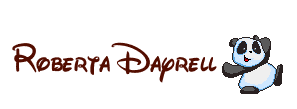One more of my writings studying for the CPE exam, which is tomorrow by the way... This one is a newspaper article.
Humans and machine – who’s in control?
This is, beyond doubt, the technology era. Machines have become more than mere gadgets in people’s lives, as they are now means of communication, study and even socialization. Worldwide people from all ages are connected 24/7 to their mobile phones, i-pads, tablets, laptop computers, you name it. While it is true to say they have made life a lot easier, in fact, machines have made humans dependant on them.
Getting in touch with a friend or relative overseas is only a click away. The world news is available in seconds. With a single message it is possible to reach all people in one’s network. A student can research a topic for an school’s assignment in minutes, play a game and listen to music all at the same time. Actions that not many years ago would seem impossible or take hours of effort, have become simple routine due to technology.
Although humans benefit immeasurably from machines, they also pay a price. Because curiosity is so easily eased and solutions for problems so rapidly found, people tend to rely on the machine to think for them. This is leading to a loss in the capacity of using our brains. All theories and discoveries ever made by men were results of their thinking, of their creativity when faced with necessities and tough situations.
Machines were created to assess humans, help them gain time for more important issues by making their everyday life easier, and play their role just fine. However, if men do not start seeing them as such, instead of thinking through them, humanity will be in serious danger. The moment mankind loses their capacity to think will be the moment they stop evolving.





